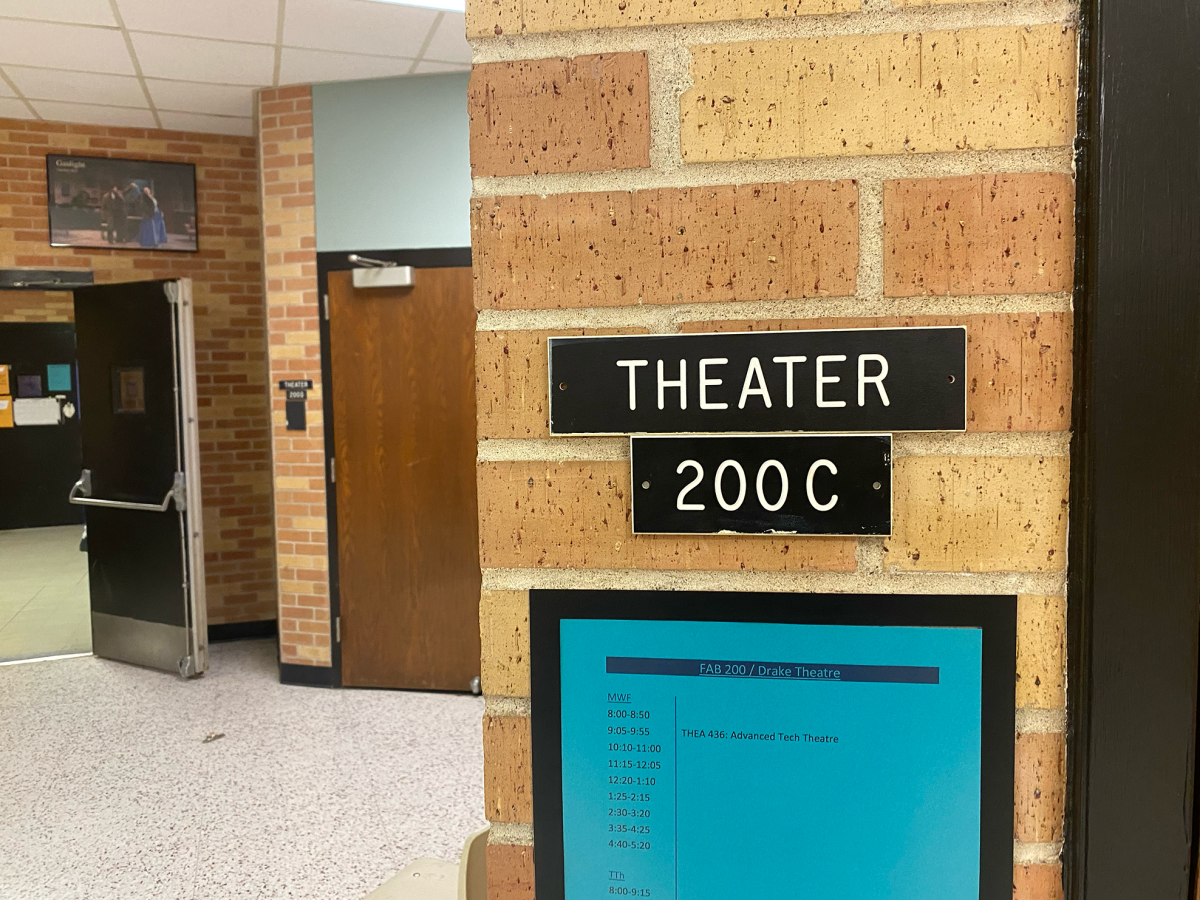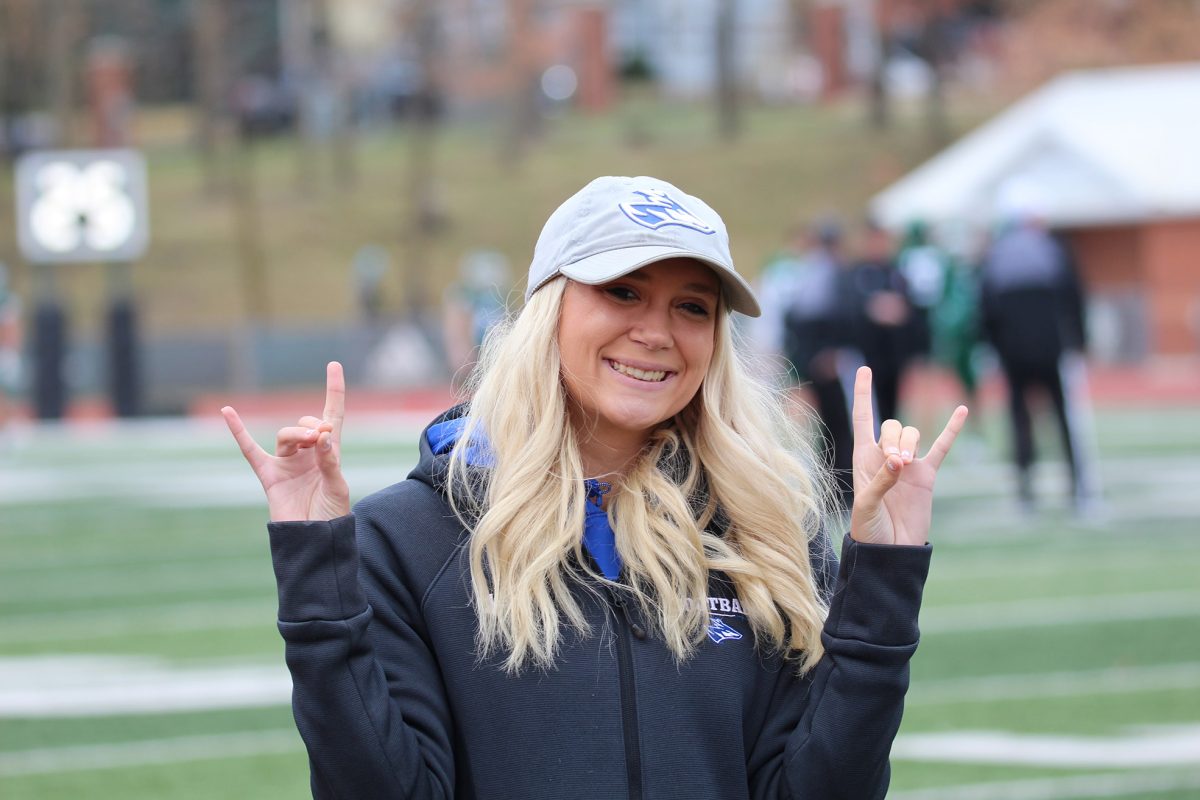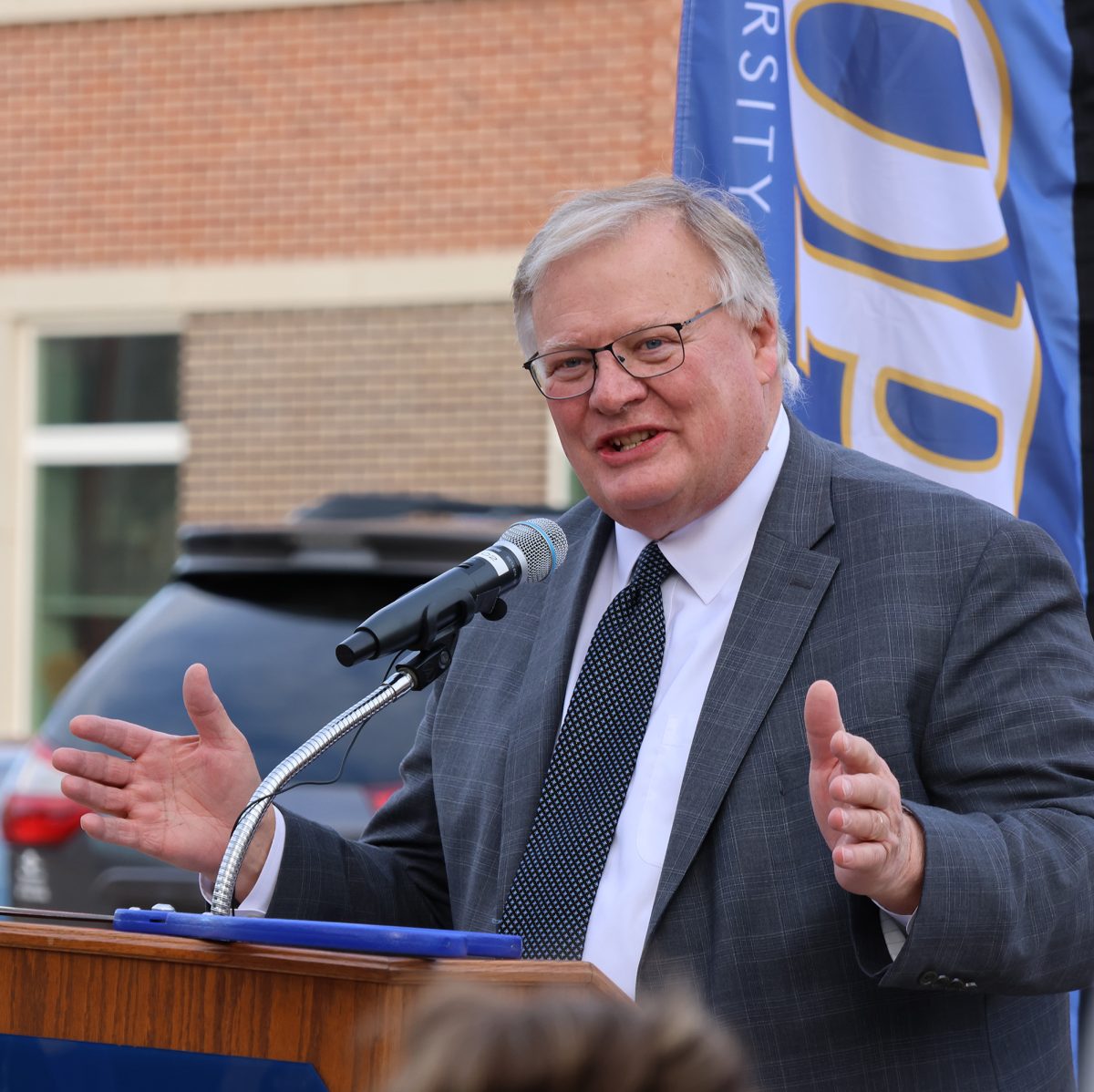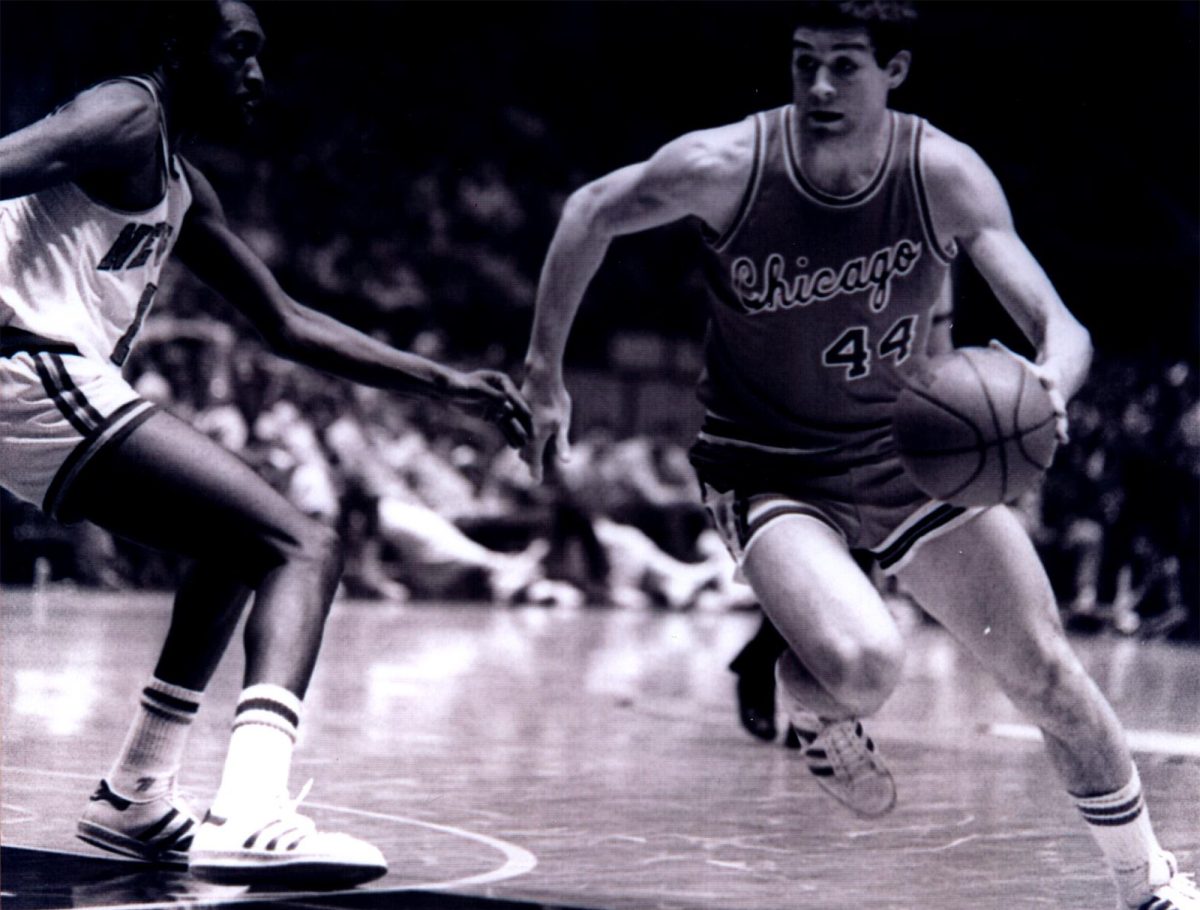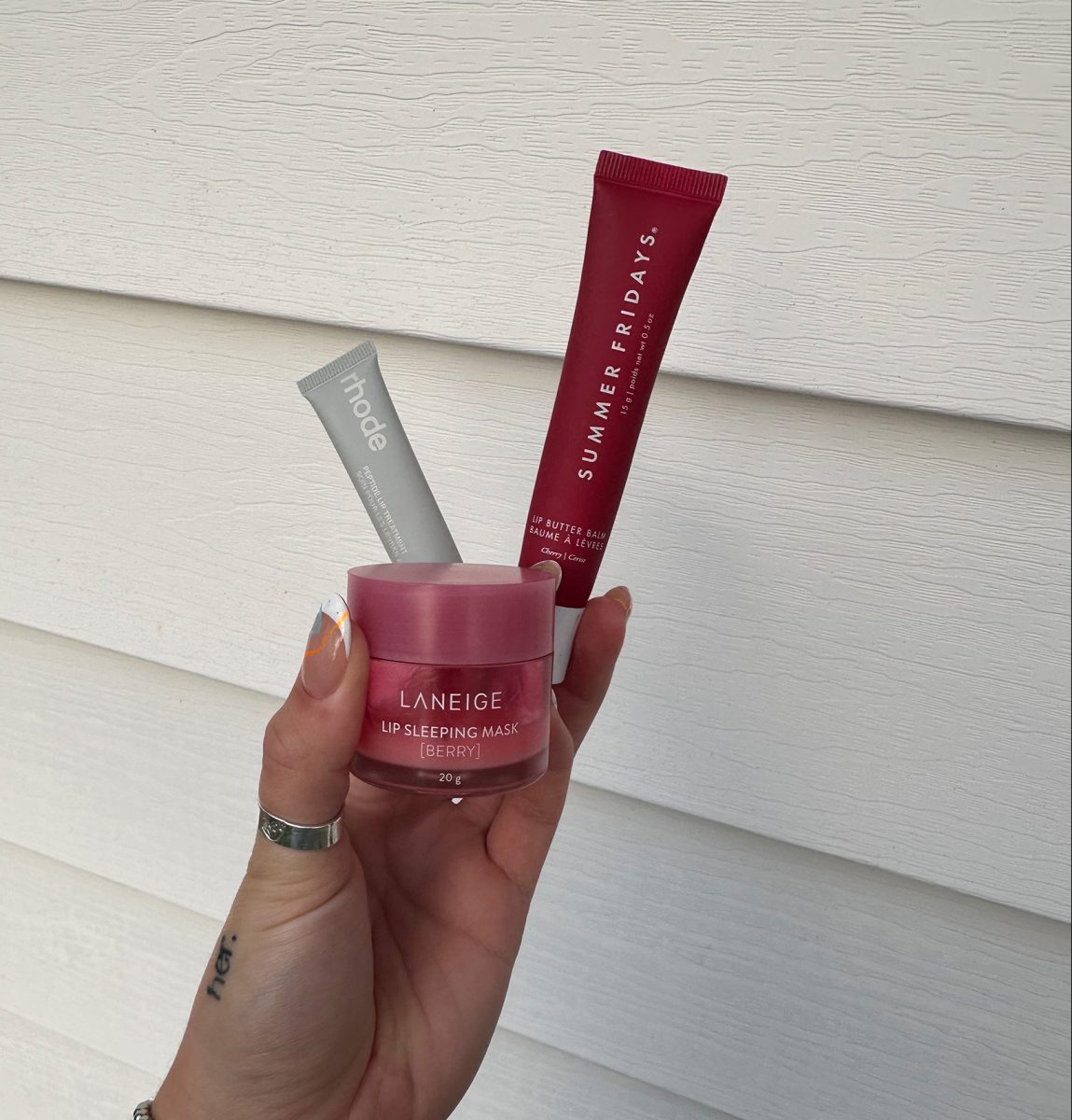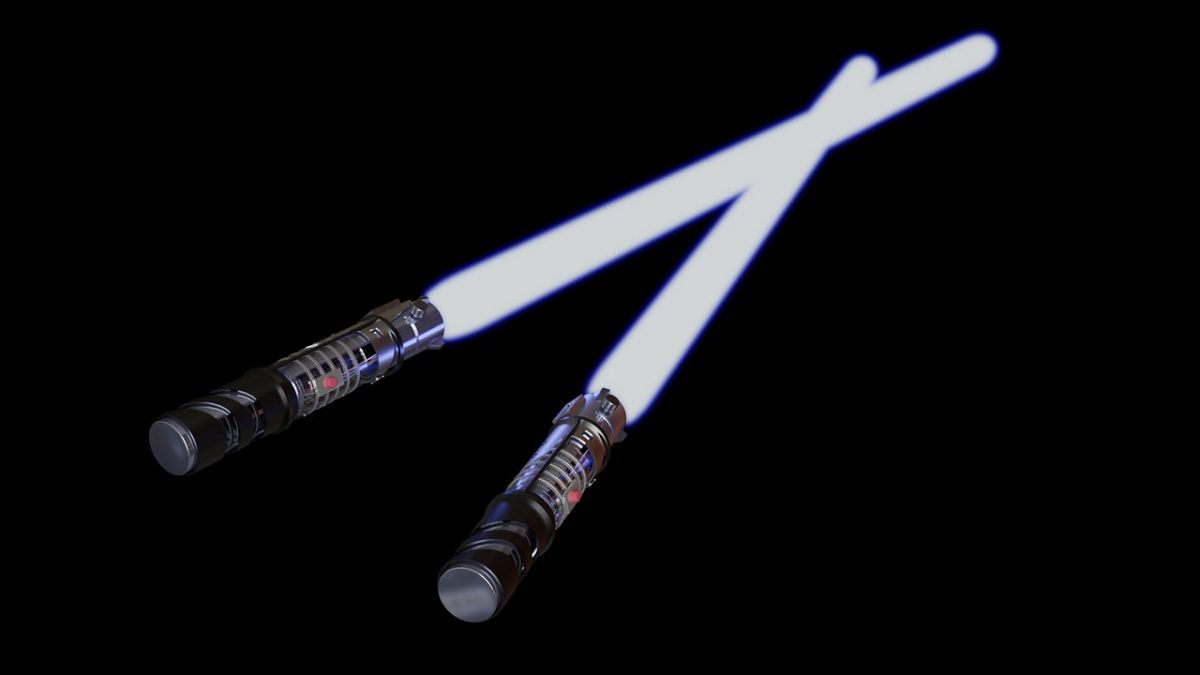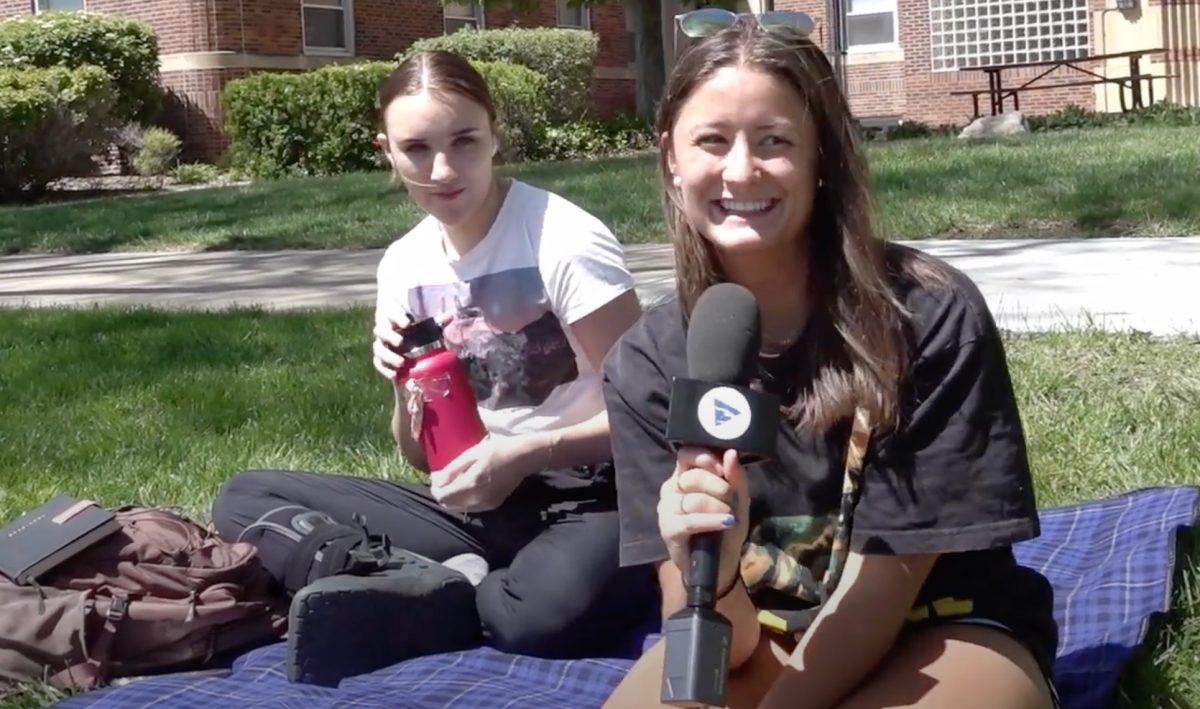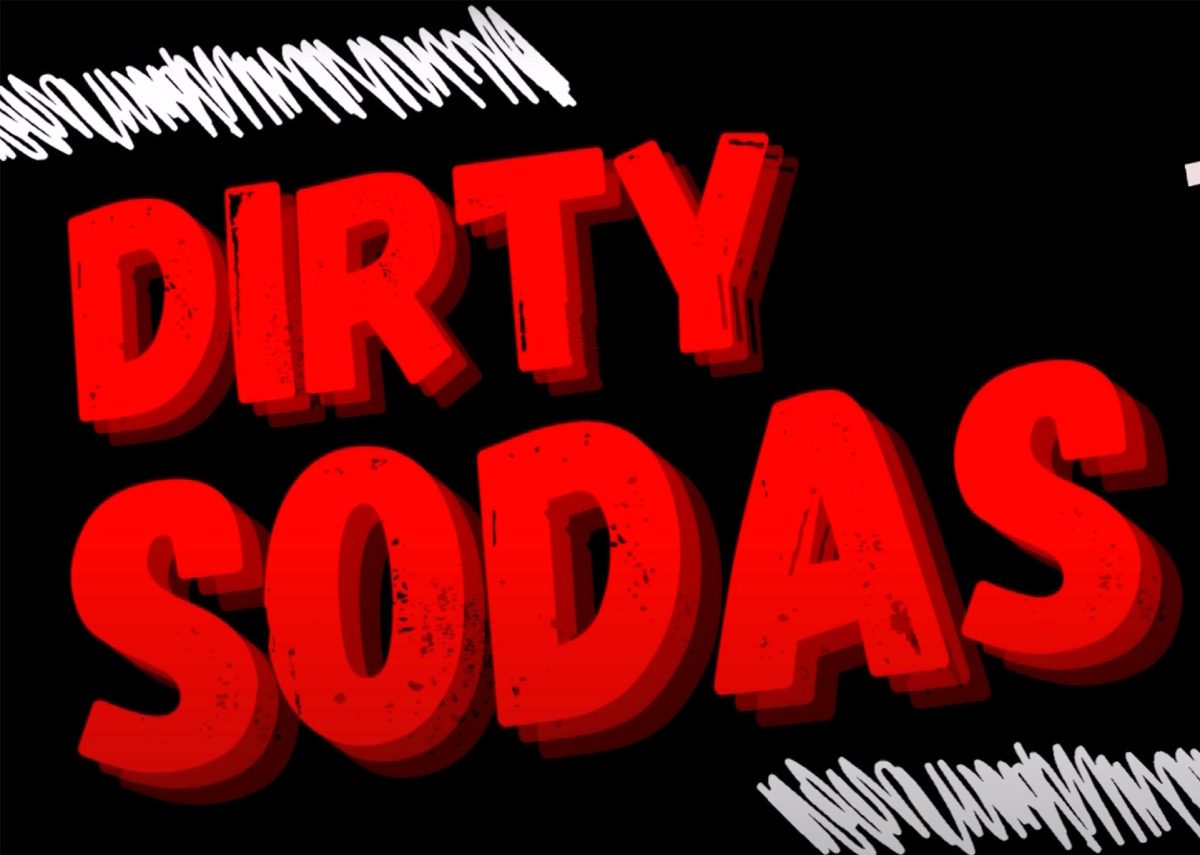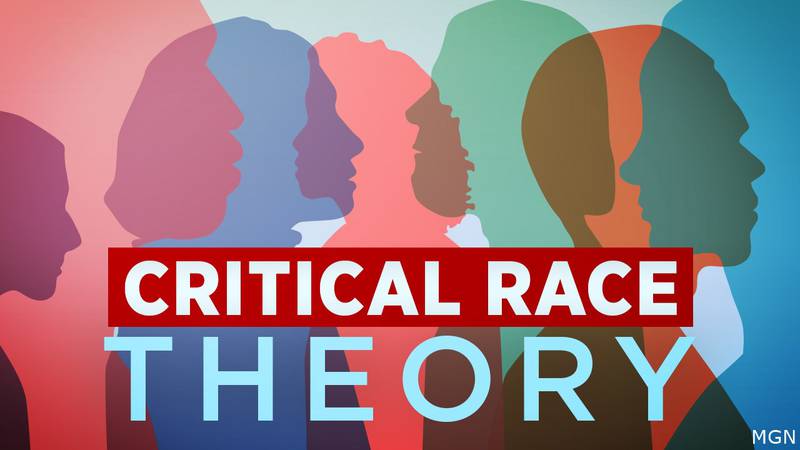Following the rise of Black Lives Matter, political discourse on critical race theory exploded in the United States, becoming a hotly contested issue. Now, CRT is proving to be a galvanizing issue heading into midterms.
The potency of the issue made CRT a prime topic for the political science department’s Fireside Chat during Black History Month.
“I’ve read different works looking at this question about how CRT is a mechanism that Republicans can use to maybe get back some of the moderate conservatives,” said William Aviles, chair of UNK’s political science department. “I fully expect it to be an issue, especially in those districts that are a bit more evenly split.”
CRT offers a framework for legal analysis that challenges the idea that the power structures of the United States are not influenced by the legacies of slavery and Jim Crow..
“It particularly calls into serious question the idea that our society is one that’s based on merit and that it doesn’t see color,” said Claude Louishomme, a professor of political science at UNK.
The galvanization of CRT originates from conservative pundit Christopher Rufo, who, according to Louishomme’s presentation, appeared on Fox News 52 times between August, 2020 and December, 2021, driving the effort to conflate CRT with broader issues like the idea of white guilt.
“I’ve not read anything that says this is an effort to have you feel guilty,” Louishomme said. “That’s an important claim and a recurring claim of Rufo and others — but I don’t know where that’s written.”
The rhetoric around the issue has caused confusion when trying to pin down whether or not some objections to the theory apply to its academic sense.
“I’m not sure where I actually stand on the issue fully,” said Jacob Sykes, a freshman who is an undecided major. “What I’ve heard as a source of objections is that there are people that find that it might teach or make people feel as though they are unable to achieve a certain level because of their race because of that disadvantage.”
Influenced by muddied definitions and conservative objections, efforts to limit the inclusion of CRT in curriculum reached the Board of Regents in August, when Regent and candidate for governor Jim Pillen introduced a measure to ban the university from requiring students to learn about CRT that failed to pass 5-3.
A new bill in the Unicameral, LB 1077, would effectively instruct postsecondary institutions to adopt Regent Pillen’s ban on mandating students and faculty to receive training on certain issues of race and sex, causing uncertainty among educators.
“I started here at UNK last semester under a history education endorsement,” said Miranda Jenkins, a sophomore considering switching her major. “I decided that I can’t do that, partially because I felt that it was possible when I got my degree, I would not be allowed to teach the complexities of our history. I just couldn’t be okay with that.”
Attendants at the chat encouraged Jenkins to continue pursuing education, but she isn’t alone in her concern.
“It will have a chilling effect amongst some of my colleagues,” said William Aviles, the political science department chair. “It’s hard to say how many, but there’s no doubt that among teachers in K-12 and professors in higher education, there are going to be many of us who are going to stop short when it comes to some of these issues.”


